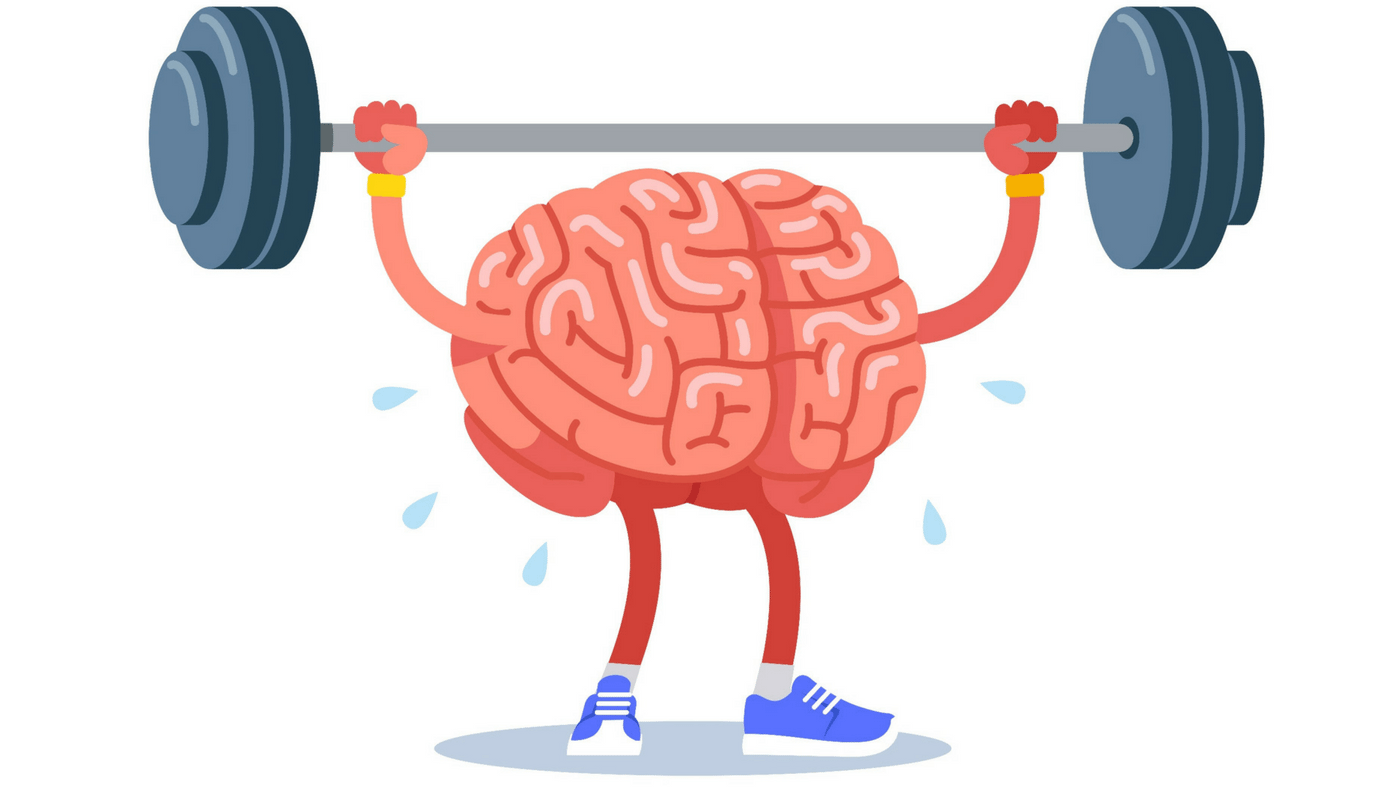Article Written By Taylor Valentine
Asst. Baseball Coach at Centre College
Overview of Mental Toughness in Sports
Research supports the view that athletes rated high in mental toughness generally participate at higher levels of competition, achieve more, and produce better performances.
For coaches, it can be difficult when teaching the concept of mental toughness to players, however, it provides a good foundation of how coaches can implement the development of mental toughness. The first subsection that the author points out for a coach, is being mindful of how they think about their athletes; being critical but encouraging and educating themselves and their staff. Another section involves being mindful of what to do, which can be done through creating adversity, fostering autonomy, and seeing athletes as individuals. Adversity can allow athletes to make mistakes in practice and learn from those mistakes for games. Ultimately, the review suggests that coaches attempt to build simple mental skills such as coping strategies, imagery, and relaxation.
After thorough review of the peer-review articles, I think that coaches should be implementing mental training programs into their regular schedules. By developing good habits for their athletes, coaches can set end goals and keep athletes motivated through commitment. Coaches should also implement autonomous environments where their athletes can stay motivated. Mental toughness can be developed throughout all ages and should be consistently practiced. The importance of mental training can be the difference between an elite-athlete versus a non-elite athlete. By implementing mental training programs in youth sports, athletes will be prepared to persist in the face of adversity.
While genetics has shown to play a role in athletic ability, psychological factors should not be discounted. Grit, optimism, resilience, and perseverance are just a few factors that separate elite athletes from non-elite athletes. In sport, perhaps the most defining characteristic of an elite athlete is their level of mental toughness. Mental toughness refers to an athlete’s ability to persist in the face of challenges, mistakes, and failure. In sport, mental toughness is necessary in order to play at the elite level; factors influencing the extent, include self-determined motivation, environmental and surrounding factors, along with other personal forces such as persistence and optimistic thinking. These factors that drive the scale of mental toughness must be taught in a positive manner by coaches beginning at a young age to help fully develop young athletes.
Unleashing the Power Within: Cultivating Mental Toughness for Peak Athletic Performance
Many athletes search for the answer for how to become “mentally tough” and many athletes don’t know how to cultivate it. Even worse, many athletes and coaches don’t know what mental toughness is and how it can help their performance.
Athletes hear professional athletes and Olympians espouse the virtues of mental toughness training and how mental toughness was the reason for their great athletic achievements. Tom Brady, quarterback of the New England Patriots highlighted the importance of mental toughness, “Football is so much about mental toughness, it’s digging deep, it’s doing whatever you need to do to help a team win.”
A lack of mental toughness is the biggest enemy of athletes. Lacking mental toughness causes athletes to give up, give in, tank the match, and give less. The level of your athletic success is in direct proportion to your level of mental toughness. To be mentally tough, you must be willing to do what most athletes don’t do.
8 Qualities of Mental Toughness in Athletes:
1. Find a way, not an excuse – Mentally tough athletes don’t make excuses when things don’t go their way. Instead of playing the blame game, they take responsibility for their performance, go back to the drawing board, right the ship and try again.
2. Adapt – Instead of doing things the way they always have, mentally tough athletes find new ways of challenging themselves, pushing themselves to outer limits of their potential. Mentally tough athletes understand what they did yesterday got them to where they are today… but more is required today to get them to where they want to be tomorrow.
3. Expend their energy on things that benefit performance – Mentally tough athletes focus on the things they can control. Mentally tough athletes don’t dwell on the past or feel sorry for themselves nor do they concern themselves with distractions outside of their direct control. Mentally tough athletes focus on what they can do in the present moment to overcome the challenges of performance and give them the best opportunity to succeed.
4. See the past as valuable informative lessons and nothing more – Mentally tough athletes learn from their mistakes and the mistakes of others, then they let go of the past and move forward. Mentally tough athletes see the past as mental training for better performance in the future. Mistakes, errors and losses don’t define mentally tough athletes, these experiences strengthen their resolve.
5. Take risks – Mentally tough athletes understand that fear of failure prevents fully committing to and achieving excellence in their sport. Mentally tough athletes seek out opportunities to move out of their comfort zone. Mentally tough athletes meet challenges with enthusiasm instead of dread and anxiety. Mentally tough athletes refuse to be average and understand they may miss the mark on occasions but it is worth taking the chance in order to achieve great things.
6. Remain persistent despite failure –Mentally tough athletes are never defeated by failure. Mentally tough athletes understand that failure is another step in the journey towards accomplishment. Mentally tough athletes have the mindset that failure is not final and never quit pursuing their objectives.
7. Pursue excellence, not perfection – Mentally tough athletes have a goal but their focus is on the steps they need to take to get to that goal. Mentally tough athletes understand that optimal performance is a marathon, not a sprint. Each step along the way moves them closer toward the ultimate goal. They are not embarrassed by mistakes, do not try to be perfect, push themselves to the max and seek daily improvement. Mentally tough athletes understand they will make mistakes along the way and these mistakes are both necessary and critical turning points in their journey towards excellence.
8. Concern themselves with their talents and abilities – Mentally tough athletes don’t try to please others nor do they resent the success of other athletes. They focus on themselves, their talents, improving themselves, implementing their game plan and achieving the goals they set for themselves.
Talent is Overrated
You can find thousands of talented athletes who never achieve greatness in their sport. As a matter of fact, 75% of all teen athletes drop out of sports–not because of a lack of talent–but because they lose the fun in sports and lack the mental toughness to compete at higher levels. Talent without mental toughness training can be average when it comes to consistent performance… But average talent with mental toughness makes good athletes accomplish great things.




